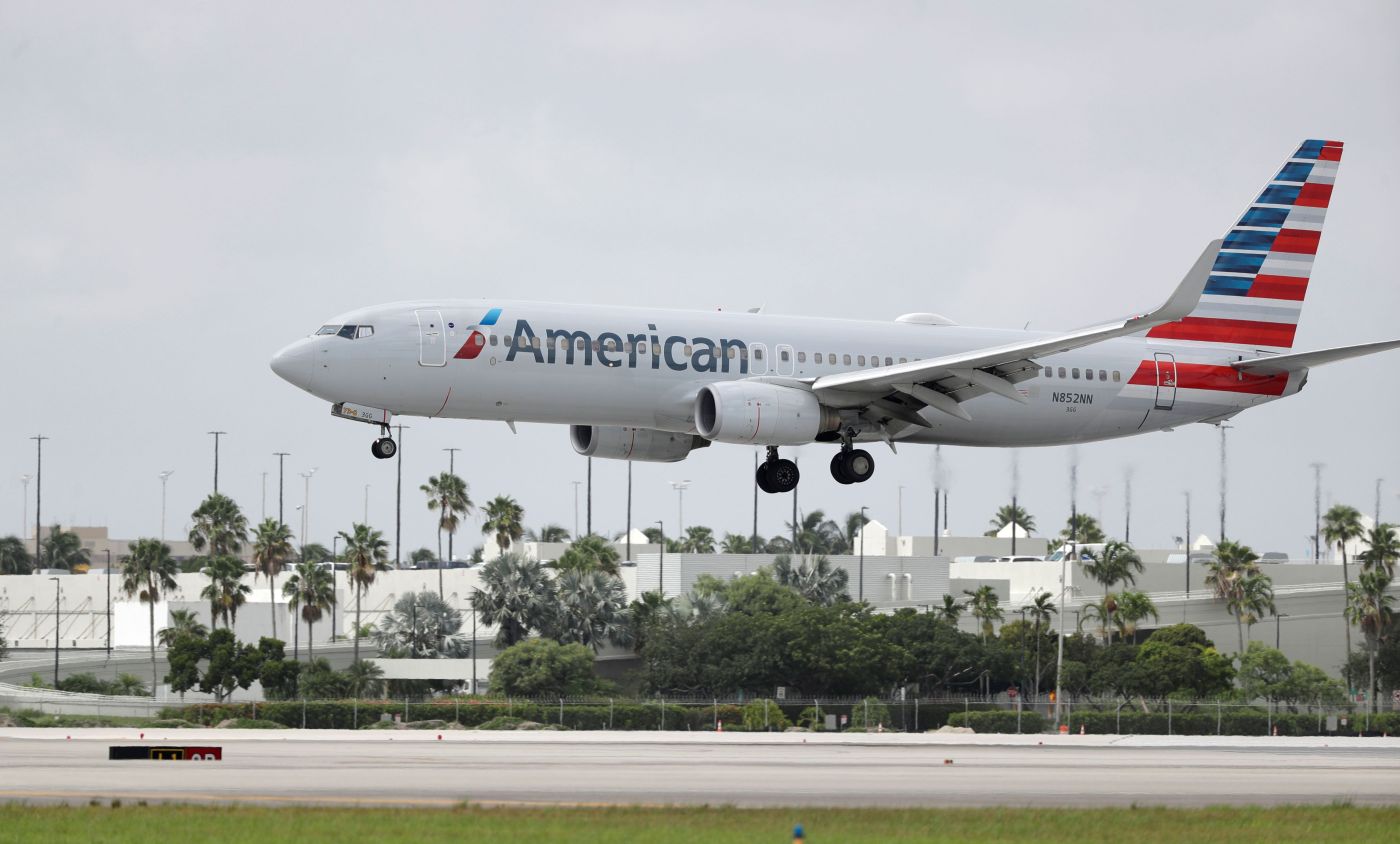
Kerby: Airline’s move grounds booking competition
In less than a month, millions of American Airlines customers will no longer receive AAdvantage rewards unless they book directly through AA owned or preferred channels. This is the latest move by the airline to force travelers to use booking tools that lead to reduced consumer choice, fluctuating prices, and record airline profits.
In recent years, consumers have noticed that online plane ticket prices can fluctuate wildly based on the user’s location, time of booking, and online history. The technology to dynamically change prices based on the consumer’s online data has been a major profit driver for airlines. Savvy travelers have managed these fluctuations by booking through travel advisors who use comparative shopping channels with stable pricing.
However, airlines have a lot of weight to throw around to tilt the balance in favor of direct online booking, largely due to monopolies. American Airlines is leading the charge.
Last April, American removed 40% of its lower-cost fares from comparative shopping channels. Starting May 1, American will stop offering its AAdvantage rewards to people who buy their tickets through travel agencies that don’t adopt AA’s dynamic pricing tools.
These changes will saddle consumers with limited choices and unpredictable prices as well as strip away consumers’ rights to have a travel advisor serve as their trusted advocate when travel complications inevitably occur.
While American Airlines would like people to believe that “travel agencies are stuck in the old ways of doing business,” travel advisors, in fact, book 40% of all airline tickets today. They serve millions of individuals, businesses, government agencies, schools, and other organizations who trust and depend on travel advisors to secure the best value in today’s complex travel environment.
Travel advisors provide round-the-clock assistance in the event of a last-minute problem. Major air travel disruptions have become a perennial occurrence during busy travel seasons. A 2023 Forbes Advisor survey of 2,000 travelers revealed that 61% of respondents experienced flight delays or cancellations last summer, with 83% of them losing money as a result. Nearly one in four travelers (24%) lost more than $500; 14% reported losing more than $1,000.
The pain associated with flight service disruptions can often be mitigated or eliminated entirely by skilled travel advisors. Travel advisors often have a fiduciary duty to act in their clients’ best interests – not to mention the strong incentive to earn their repeat business.
Without the help of their trusted travel advisor, seniors concerned about making a connection, large families planning a multi-destination trip, or flyers given a 20-hour layover by some airline algorithm will be left with no recourse.
Large groups rely on travel advisors to streamline their travel plans while saving money through group or bulk purchasing.
Government agencies and corporations often delegate the management of their travel programs and policies to travel management companies. Travel advisors help ensure employees minimize planning time as well as time in transit so they can maximize productivity.
American Airlines’ policy change will negatively affect all of these individuals and organizations and devastate the travel advisor industry, which supports more than 700,000 U.S. jobs. Ninety-eight percent of travel agencies are small businesses, with more than 80% being women-owned.
Cities where American is the dominant carrier – like Washington, D.C., Dallas, Charlotte, and Philadelphia – will be the epicenters of this avoidable, man-made disaster.
Other airlines are keeping a close eye on how American’s move shakes out. If left unchecked, they’re sure to follow American’s example.
Unfortunately, this is a story U.S. consumers have become far too familiar with – greedy corporations luring customers by promising cheap prices and personalized experiences, only to exploit consumer data for their profit. E-commerce sites use shoppers’ browsing habits to determine how much they are willing to pay. Rideshare and fast-food companies analyze consumer demand to justify surge pricing. Ticket vendors use it to skyrocket concert prices.
If AA’s new booking platform is so good for consumers, the airline shouldn’t need to hold AAdvantage miles hostage to force people to use it. This is the same old anti-consumer, anti-competitive tactic that monopolies have always used, now disguised as technological innovation. We urge lawmakers and regulators to investigate American Airlines. Do not let AA get away with this egregious abuse of its market position.
Zane Kerby is president & CEO of the American Society of Travel Advisors

